Closing out the summer movie season, August probably won’t repeat last year when it comes to including the release of the eventual Best Picture. But there are still a number of worthwhile offerings, including the most essential at the very end of the month. See our picks to watch below.
10. Emily the Criminal (John Patton Ford; Aug. 12)

Taking part in ten Sundance premieres over the last ten years, Aubrey Plaza’s niche in the world of independent cinema has been well-carved. Reaching into darker territory as of late, from Ingrid Goes West to Black Bear, her latest film, Emily the Criminal, takes things to a logical next step, placing the actress in strictly thriller territory as her character’s job prospects dwindle and she’s faced with getting into a dangerous, underground world of illegal activity. John Patton Ford’s debut as writer-director is simplistically crafted in both plotting and form, but Plaza’s committed performance carries us through the increasingly dire journey. Continue reading my full review.
9. The Territory (Alex Pritz; Aug. 19)
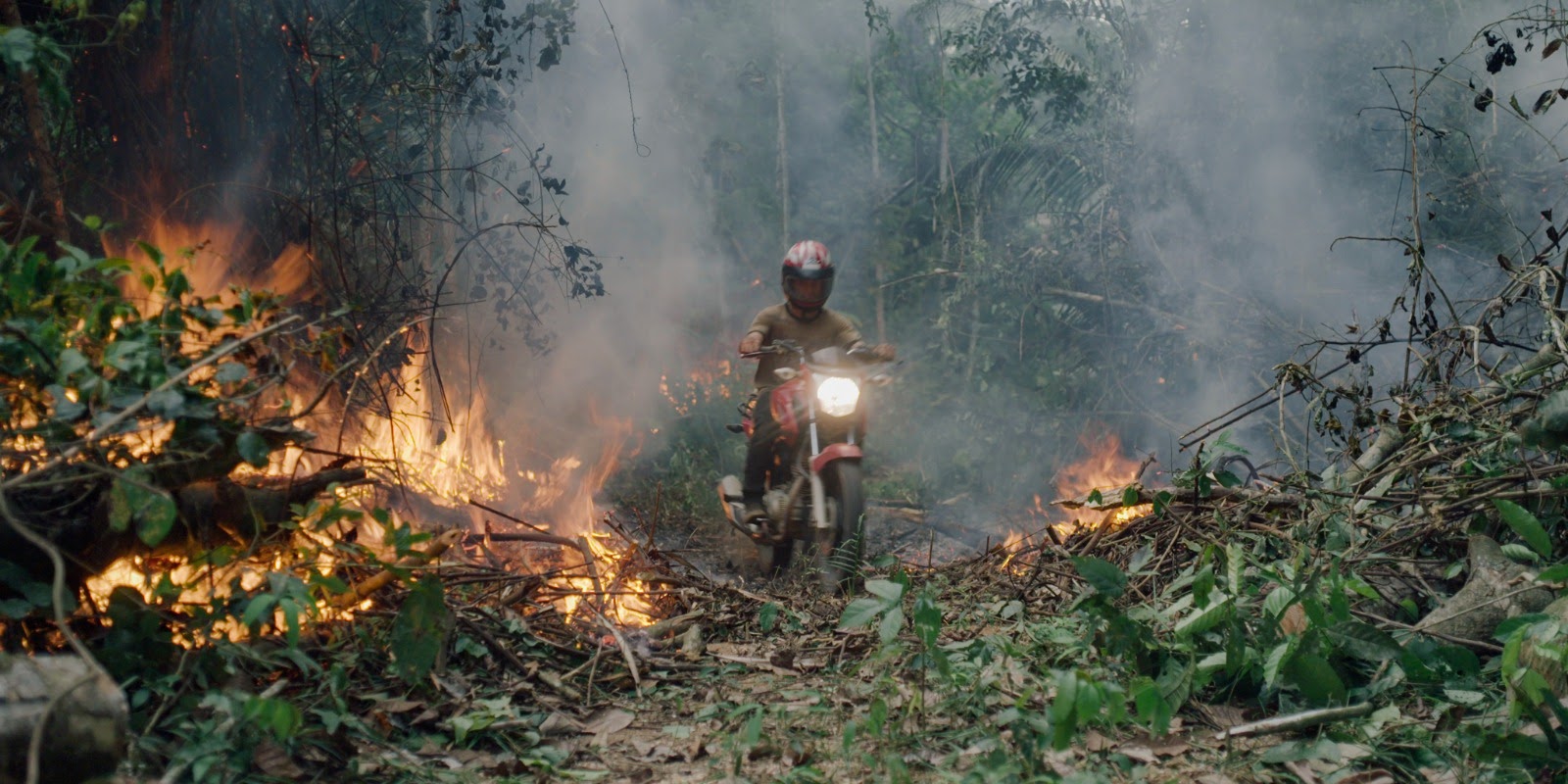
Produced by Sigrid Dyekjær and Darren Aronofsky, Alex Pritz’s directorial debut The Territory, partially shot by the Uru-Eu-Wau-Wau people, examines the Indigenous community’s struggle in the Amazon to fight encroaching deforestation brought by farmers and illegal settlers. Writing about the winner at this year’s Sundance Film Festival, Michael Frank said in his review, “There are about 180 Uru-eu-wau-wau people left in the Brazilian Amazon. This community lives off the land, protecting the Amazon from deforestation, constant threats of violence, and an expanding base of anti-Indigenous sentiment, streaming from the far-right emboldened by President Jair Bolsonaro. Over three years, filmmaker Alex Pritz spent time with these native Brazilians for The Territory, a collaborative, vérité documentary that’s both engaging and terrifying. Pritz even hands over the camera to the Uru-eu-wau-wau at one point, as the group closes their borders and prepares for an ongoing fight to preserve their land.”
8. Girl Picture (Alli Haapasalo; Aug. 12)
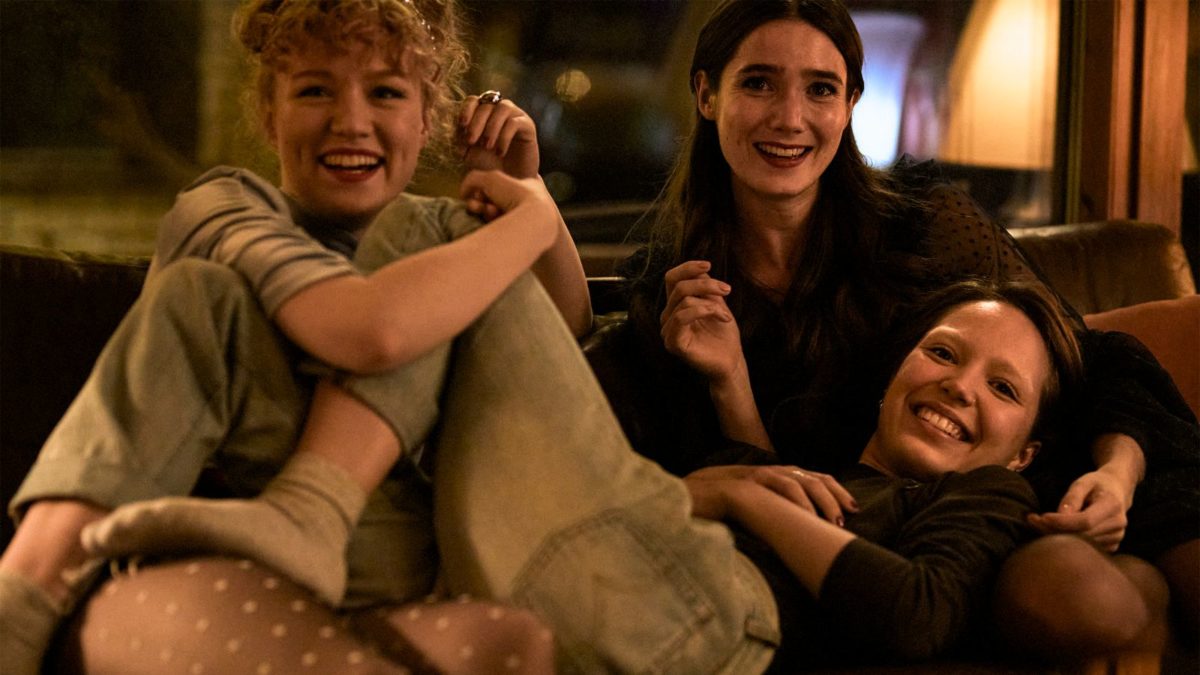
While it doesn’t break out entirely new ground, Alli Haapasalo’s Sundance winner and Berlinale selection Girl Picture is an energetic, deeply felt coming-of-age film that takes a unique structure. Set across three separate Fridays in Finland, it follows the adventures of three young women dealing with first love, heartbreak, and reckoning with their next steps in life. As Brianna Zigler said in her review, “Haapasalo’s film is a free-wheeling portrayal of (cis) feminine adolescence in its various complicated, unflattering incarnations: familial pains, burgeoning sexualities, finding balance between work and pleasure, all the while trying to figure out who the fuck you even are. As a girl I intimately know the score and often found Girl Picture warmly reflecting my own experiences. Watching a scene wherein Mimmi and Rönkkö glide around Mimmi’s bedroom to the beat of a pop song while preparing themselves for a high school party recalled my best friend and I fussing over our faces and outfits in the mirror of my childhood bedroom, probably to go to the mall or the house show of a shitty local band. But Mimmi and Rönkkö, two little oddball outsiders, have only been invited to this party as something of a jest.”
7. El Gran Movimiento (Kiro Russo; Aug. 12)

A stand-out on last year’s festival circuit, Kiro Russo’s El Gran Movimiento explores the life of a miner as a conduit to tell a city symphony. Soham Gadre said in his review, “Magical realism, or even history-fantasy hybrid films, serve the narrative purpose of allowing protagonists to transcend their experiential reality and find solutions (or “escapes”) into another world. This generally involves children, whose innocence in times of war and tragedy often lend to creating imaginary situations in one’s mind. In El Gran Movimiento, director Kiro Russo provides a different kind of catharsis in mysticism. While he suggests his central figure, Elder, can transcend his ailments, he doesn’t suggest the cure will work. Or that it is even a cure. What the film instead offers is a pained reality of a life of labor, where escape comes in two forms: stop working or die. “
6. Emergency Declaration (Han Jae-Rim; Aug. 12)
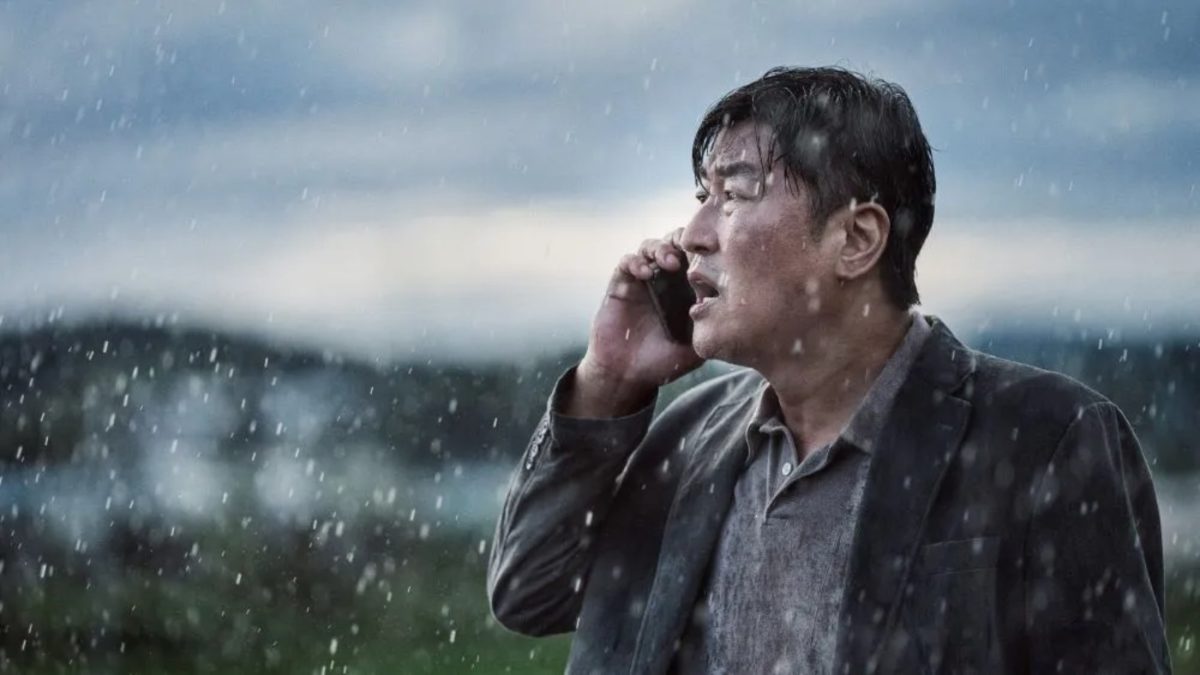
While he’ll be seen in Hirokazu Kore-eda’s Broker later this year, Song Kang-ho’s first U.S. release since the phenomenon that was Parasite is the South Korean thriller Emergency Declaration. Premiering at last year’s Cannes Film Festival and now arriving in both South Korean and American theaters this month, it follows a plane that must make an emergency landing when a terror incident occurs onboard.
5. Prey (Dan Trachtenberg; Aug. 5)
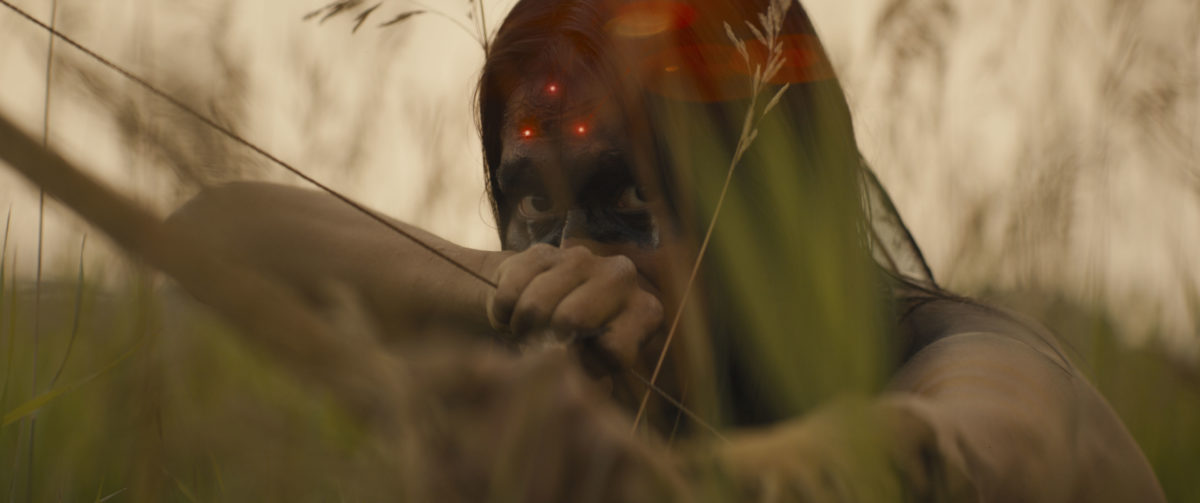
Six years after breaking out with 10 Cloverfield Lane, director Dan Trachtenberg is back with his next feature, one which hopes to revitalize the Predator franchise after Shane Black’s unfortunate 2018 outing. Headed back three centuries and placing the story firmly in the realm of survival thriller, it’s set in the Comanche Nation 300 years ago, as we follow the story of a young woman, Naru, a fierce and highly skilled warrior who must protect her people when she becomes stalked.
4. Three Minutes – Lengthening (Bianca Stigte; Aug. 19)
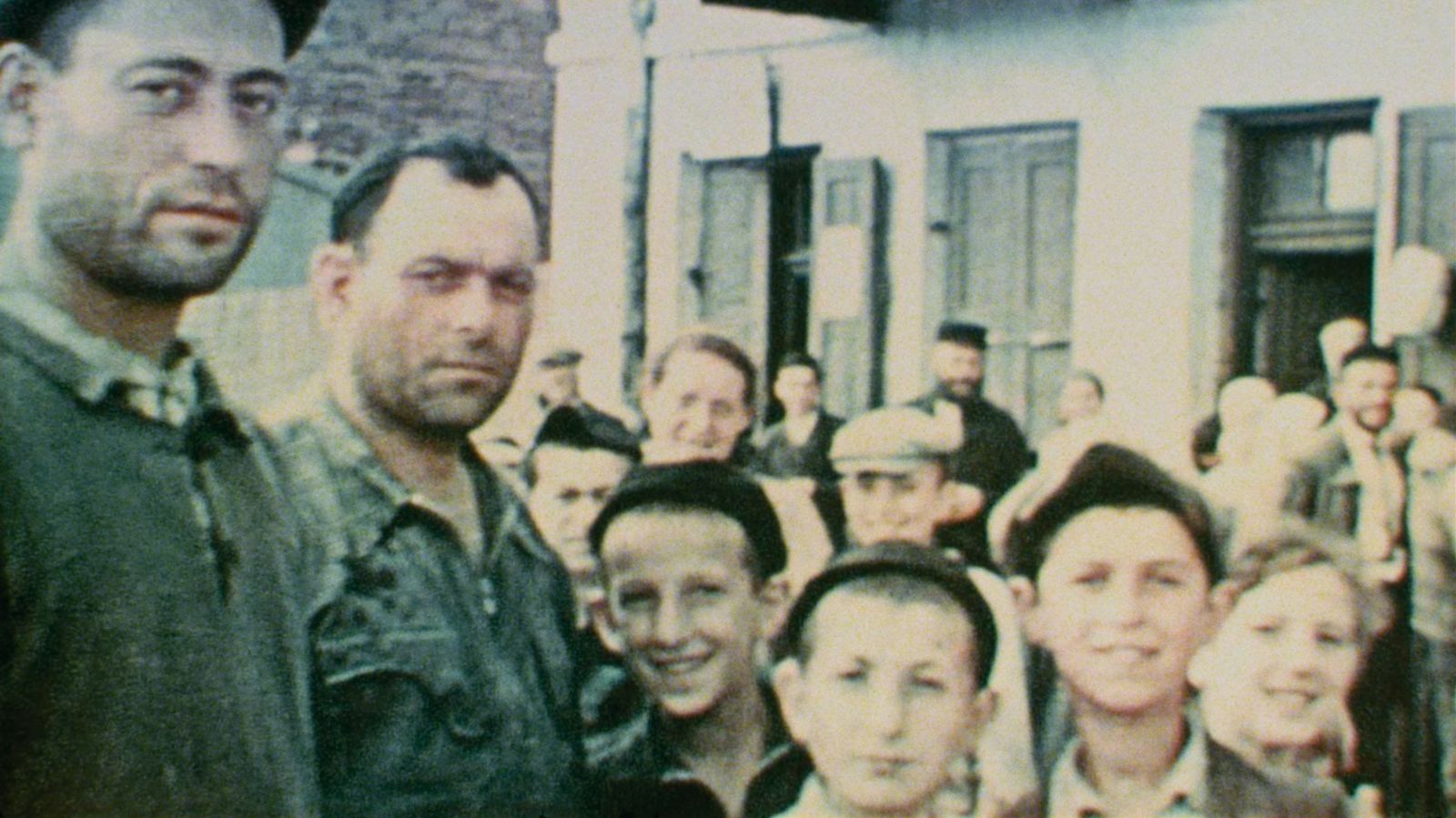
A selection at Venice, TIFF, and Sundance, a new Steve McQueen-produced documentary takes a unique, highly concentrated look at WWII history. Dan Mecca said in his review, “What can we glean from three minutes of film shot in 1938? This is the question driving Three Minutes — A Lengthening, an engaging essay film from director Bianca Stigter. Over a decade ago Glenn Kurtz recovered a 16mm film reel hiding in his parent’s house. It was footage his grandfather David Kurtz shot while on a European vacation in 1938. These three minutes photograph the mostly Jewish town of Nasielsk, Poland. By 1939, the Nazi occupation and their Holocaust would leave less than 100 surviving Jewish townspeople. In these brief, captured moments we see a flurry of faces. Who were these people? What lives did they lead?”
3. Funny Pages (Owen Kline; Aug. 26)

Jesse Eisenberg wasn’t the only Squid and the Whale star who brought an A24-backed debut to Cannes. Owen Kline’s Funny Pages, produced by the Safdies and shot by Sean Price Williams, premiered at Directors’ Fortnight to strong acclaim, and will arrive soon. As Leonardo Goi said in his review, “The deranged lunatics populating Owen Kline’s absurdist, bleakly hilarious Funny Pages are all somewhat anachronistic; loners who gravitate around old things and old places, one foot always firmly rooted in the past. Even teenage Robert (Daniel Zolghadri) nurses what feels like an age-inappropriate nostalgia. A high school senior stranded in an anonymous suburban stretch of Princeton, NJ, he works at the local comic store while daydreaming of becoming a cartoonist himself. But the comics he loves and devours with pantagruelian appetite are much, much older than him—the kind of niche, underground relics no one seems to recognize, much less appreciate. Funny Pages tracks Robert’s coming of age, but Kline (here in his directorial feature debut) dexterously avoids the genre’s trappings. His isn’t just a portrait of a most complicated chapter in a young man’s life, but an homage, in turns affectionate and savage, to an untimely culture and untimely breed of people, forever out of synch with the world around them.”
2. Free Chol Soo Lee (Julie Ha and Eugene Yi; Aug. 12)
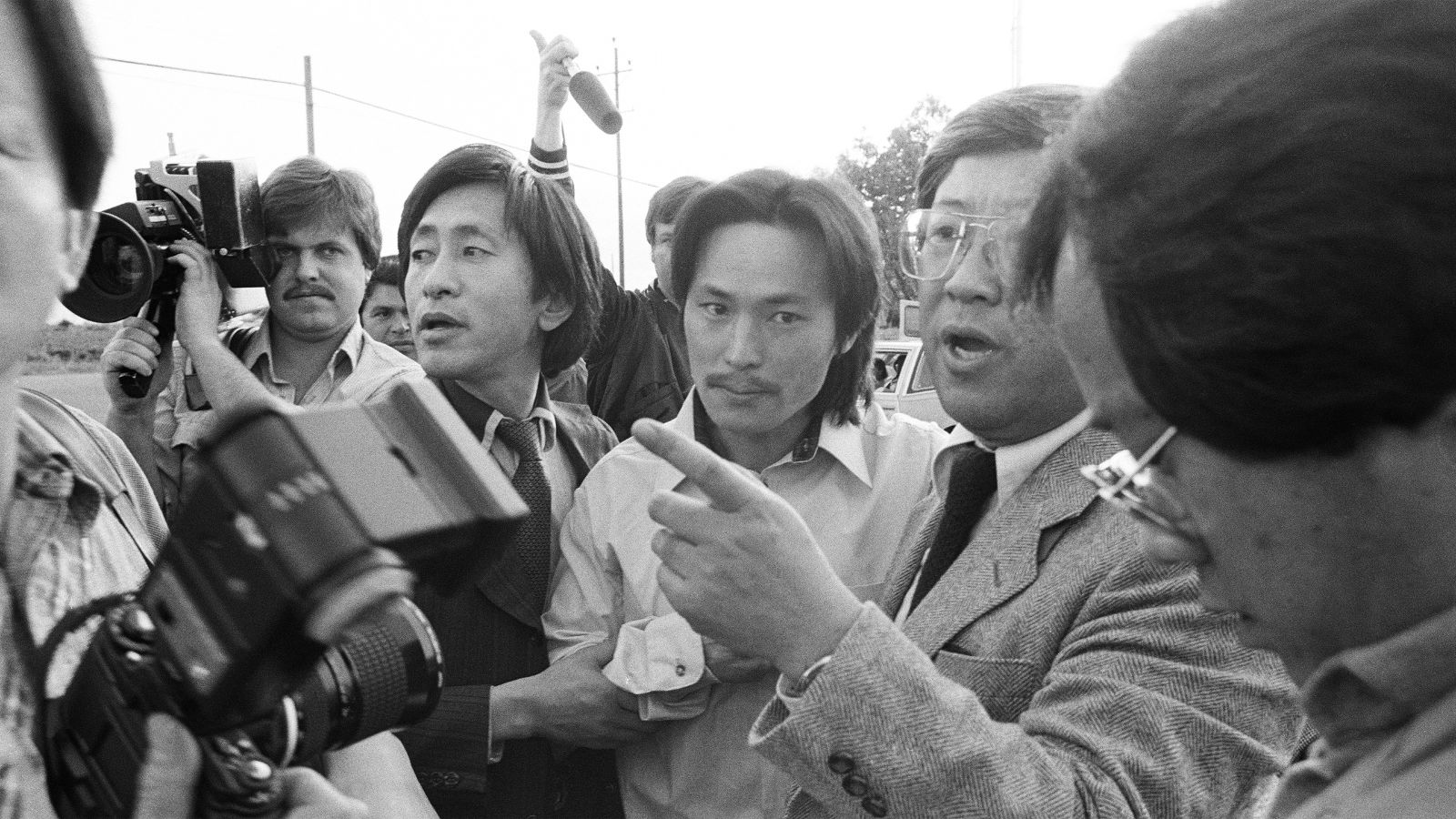
Premiering to much acclaim at Sundance earlier this year, Julie Ha and Eugene Yi’s documentary Free Chol Soo Lee examines the story of a 20-year-old Korean immigrant in 1970s San Francisco who was wrongly convicted of murder, and the unprecedented pan-Asian American movement that freed him. As John Fink said in his review, “Shedding light on the life of the Korean-American cause cél`èbe, Julie Ha and Eugene Yi’s Free Chol Soo Lee captures a unique moment in Asian American history and ultimately the story of a young man who may have never had a chance. Arriving in Chinatown, San Francisco in the early ’70s, Chol Soo Lee worked odd jobs, among them barker for the local strip clubs. One day his manager shows him a gun that he borrows for no reason at all, leading to an accidental discharge in the bedroom of the flop house he’s occupied. Five days later he’s arrested for murder after a random killing is committed on the street, before a hundred witnesses, with the same type of gun he’d been playing with.”
1. Three Thousand Years of Longing (George Miller; Aug. 26)
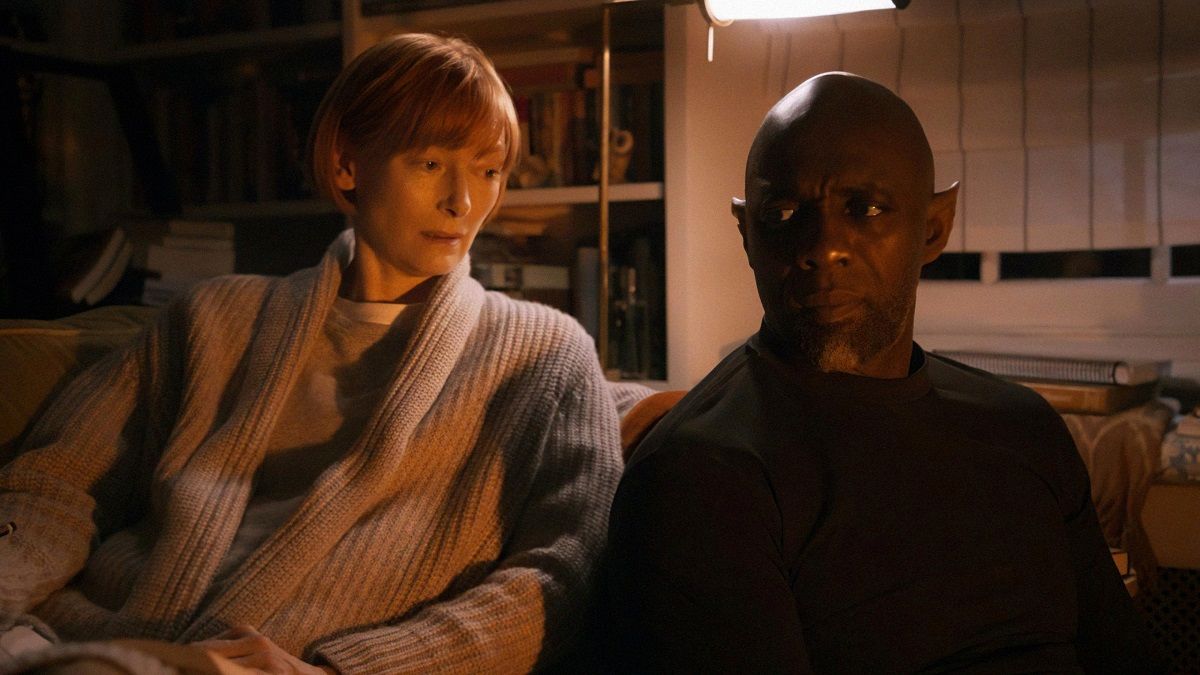
Seven years after Mad Max: Fury Road (and just a few years before his return to that action universe), director George Miller returns with an epic fantasy tale that has already proven to be a bit of a divisive oddity, told with a sense of freedom and level of vibrant production design rarely seen since the likes of Tarsem’s The Fall. Rory O’Connor said in his review, “Three Thousand Years of Longing is the most “passion project”-looking passion project to have graced us in quite some time. Freewheeling through eras and Arabic mythology with breezy, bonkers ease, it offers its scattershot secrets like a fable. The film is adapted from Booker prize-winning author A.S. Byatt’s The Djinn in the Nightingale’s Eye; I was also reminded of The Merchant and The Alchemist’s Gate, a recent masterpiece by Ted Chiang.”
Honorable Mentions
- What Josiah Saw (Aug. 4)
- Bodies Bodies Bodies (Aug. 5)
- Claydream (Aug. 5)
- Memory Box (Aug. 5)
- Mija (Aug. 5)
- I Love My Dad (Aug. 5)
- Public Toilet Africa (Aug. 9)
- The Princess (Aug. 13)
- Glorious (Aug. 18)
- The Legend of Molly Johnson (Aug. 19)
- Spin Me Round (Aug. 19)
- Breaking (Aug. 26)
- Private Desert (Aug. 26)
